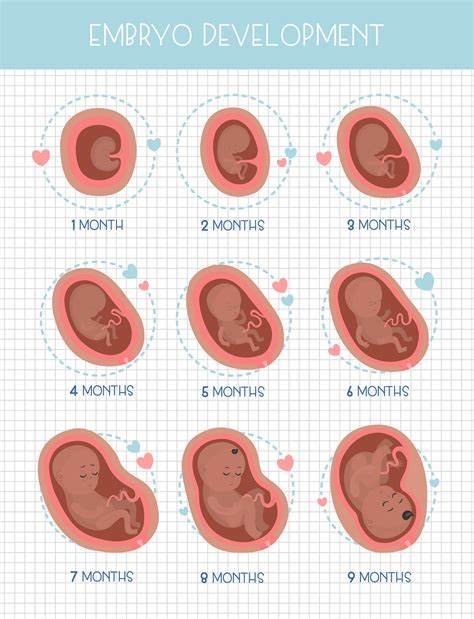
Diabetes and Weight Management: What You Should Know
Managing weight is a crucial aspect of living with diabetes. Whether you have type 1 or type 2 diabetes, achieving and maintaining a healthy weight can help improve your blood sugar levels, reduce the risk of complications, and enhance your overall quality of life. In this article, we’ll explore how diabetes and weight are interconnected, the challenges involved, and effective strategies for weight management.

The Link Between Diabetes and Weight
Diabetes and weight are closely tied. Insulin resistance in type 2 diabetes and the lack of insulin production in type 1 diabetes both contribute to changes in metabolism, which can affect your weight. Whether you’re managing blood sugar or insulin levels, maintaining a healthy weight is key to better diabetes control.
Type 1 Diabetes
In type 1 diabetes, weight management can be influenced by insulin therapy. People with type 1 may struggle with weight gain or loss, as insulin therapy can sometimes lead to increased hunger or changes in metabolism. It’s important to balance insulin with the right amount of food and physical activity to maintain a healthy weight.
Type 2 Diabetes
In type 2 diabetes, insulin resistance leads to high blood sugar and often an increased risk of obesity. Extra weight, especially around the abdomen, contributes to insulin resistance, making it more difficult to control blood sugar levels. Managing weight and losing even a small percentage of body fat can improve insulin sensitivity and help with blood sugar control.
Challenges of Weight Management in Diabetes
Managing weight while living with diabetes presents several challenges, including hormonal changes, medication side effects, and lifestyle factors.
Hormonal and Metabolic Factors
Both type 1 and type 2 diabetes affect how your body processes food and burns energy. People with diabetes may experience slow metabolism or changes in appetite, which can make it harder to lose or maintain weight.
Medication Side Effects
Some medications used to manage diabetes, like insulin or sulfonylureas, can cause weight gain by increasing hunger or fat storage. For people with type 2 diabetes, medications like GLP-1 agonists (e.g., liraglutide) can support weight loss, but finding the right medication and dosage often requires careful management.
Emotional Factors
Living with diabetes can lead to emotional stress, which can influence eating habits. Stress can lead to overeating or choosing high-calorie comfort foods, which may further exacerbate weight gain or poor blood sugar control.
Strategies for Weight Management with Diabetes
Successfully managing weight with diabetes involves a combination of diet, exercise, medication, and lifestyle changes. Below are some evidence-based strategies for achieving and maintaining a healthy weight:
Balanced Diet with Proper Portion Control
A healthy, well-balanced diet is crucial for managing both diabetes and weight. Focus on:
- High-fiber foods: Whole grains, vegetables, and legumes can help control blood sugar and support satiety, making it easier to manage weight.
- Lean proteins: Sources like chicken, fish, tofu, and beans help maintain muscle mass and keep you feeling full.
- Healthy fats: Incorporating heart-healthy fats from sources like avocado, olive oil, and nuts can help control hunger.
- Portion control: Monitoring portion sizes can prevent overeating and help you balance your calorie intake, essential for weight management.
Carbohydrate Counting
Managing carbohydrate intake is essential for controlling blood sugar levels and weight. Learning to count carbs can help you prevent spikes in blood sugar while ensuring you consume an appropriate amount of energy for your activity level. Focus on low-glycemic index foods to avoid rapid blood sugar fluctuations.
Regular Physical Activity
Exercise is an important component of diabetes management. It can help improve insulin sensitivity, lower blood sugar levels, and contribute to weight loss or maintenance. Aim for:
- Aerobic activities like walking, cycling, or swimming, which burn calories and improve cardiovascular health.
- Strength training to build muscle, which helps boost metabolism and burn more calories at rest.
- Consistency is key—aim for at least 150 minutes of moderate-intensity aerobic activity per week, along with strength training exercises twice a week.
Conclusion
Diabetes and weight management are closely linked, and managing both can lead to better blood sugar control and an improved quality of life. By adopting a balanced diet, engaging in regular physical activity, monitoring your blood sugar, and seeking professional support, you can effectively manage your weight and your diabetes. Remember, small changes can lead to big improvements, so start with achievable goals and build on them over time.







